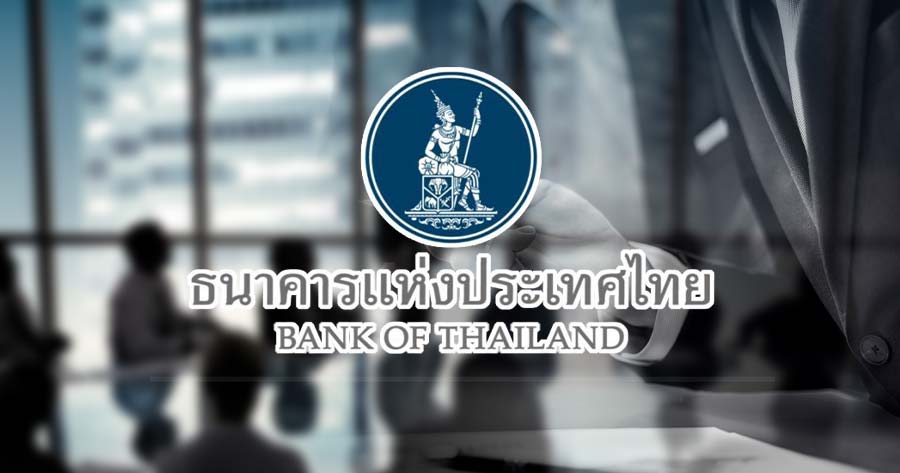According to Reuters, Bank of Thailand (BOT) officials revealed on Wednesday that it has engaged in interventions in the currency markets as necessary to mitigate excessive fluctuations in the baht, while the existing robust policy rate is supportive of the ongoing economic recovery efforts.
Assistant governor Piti Disyatat indicated that, despite heightened volatility, the baht’s movements are consistent with those of regional currencies. His statements follow the baht’s recent dip to over a six-month low beyond 37 baht to the dollar.
The BOT does not have specific exchange rate targets for the baht but assured that the current interest rates are resilient and capable of managing potential economic risks.
The central bank expressed readiness to make adjustments to the policy rate if deemed essential, while also highlighting that substantial rate reductions are presently deemed inappropriate and unlikely to facilitate financial accessibility for small enterprises.
The central bank maintained its key interest rate at 2.50% for the third consecutive meeting on April 10, with the subsequent rate assessment scheduled for June 12, reasoning that refraining from rate cuts at this juncture could preserve flexibility for future policy actions.
Despite ongoing structural constraints impacting Thailand’s economy and persistent low inflation due to governmental measures and supply-side influences, the government’s budgetary allocations are anticipated to bolster economic prospects, as noted by senior director Pranee Sutthasri.
While overall economic conditions remain steady with expanding credit activities, small businesses and households are encountering stricter lending conditions.
Prime Minister Srettha Thavisin’s repeated calls for a rate reduction have been met with a differing perspective from the BOT’s governor, who rejects the notion of an economic crisis and underscores the necessity for structural reforms instead.





